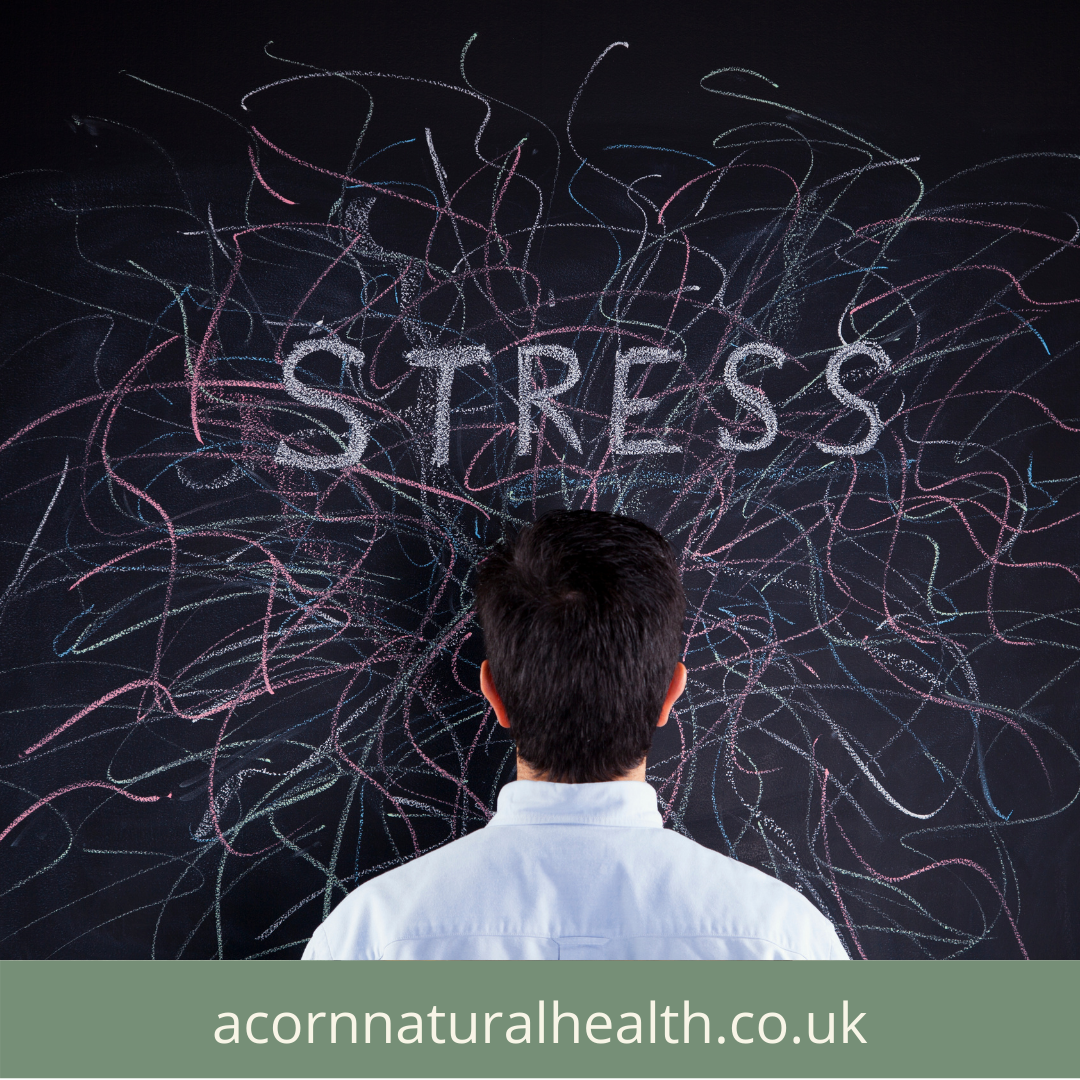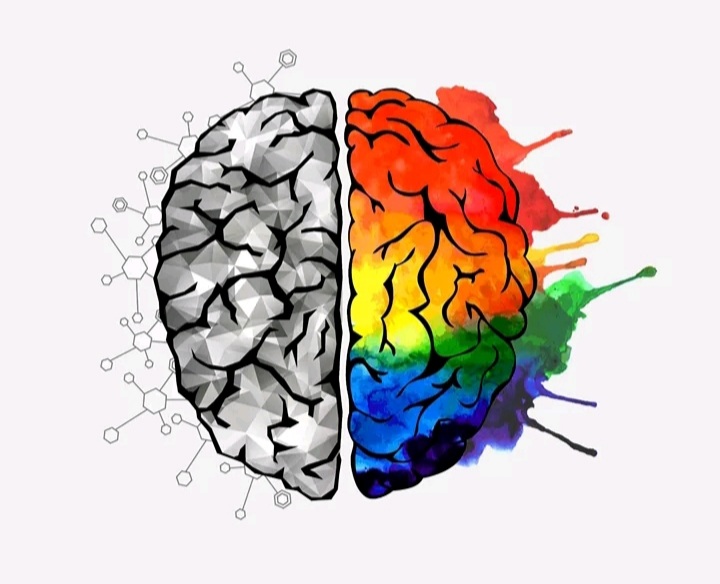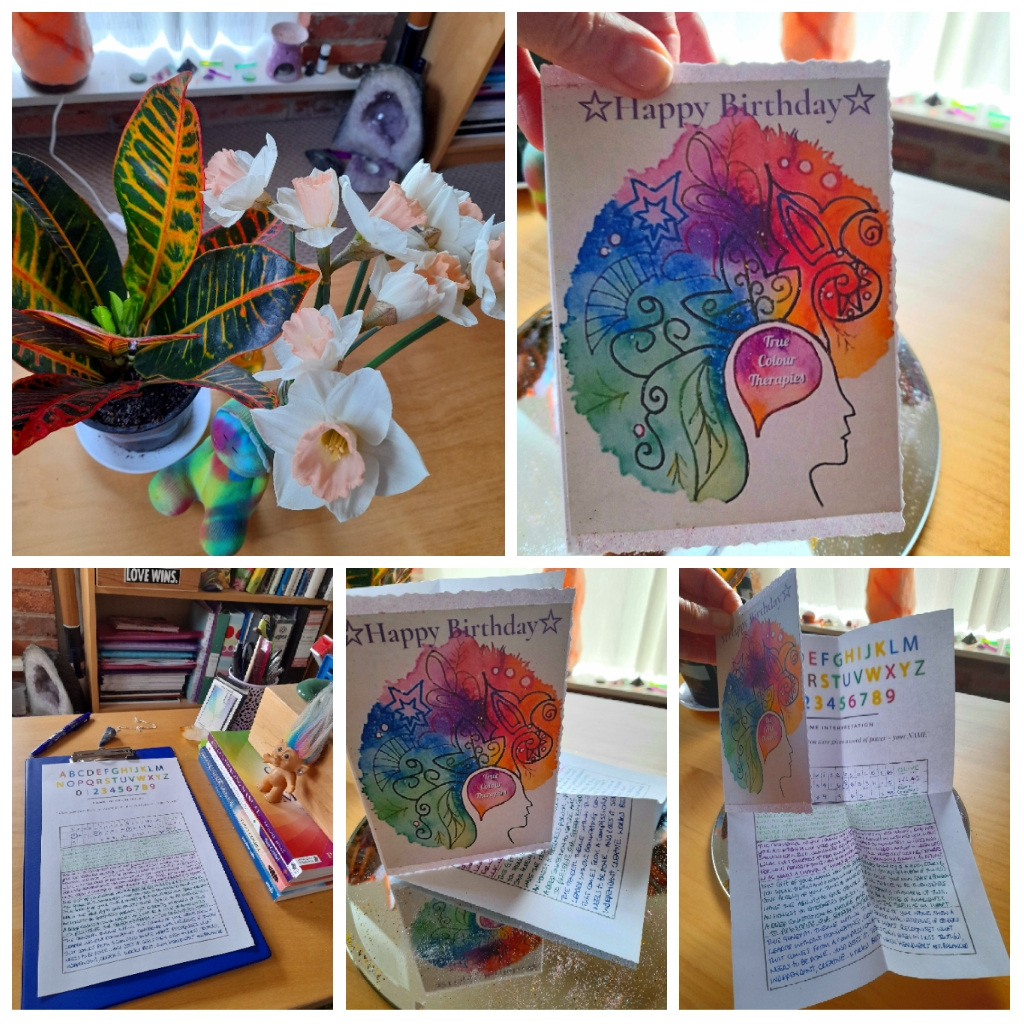Would you limp around for hours, days, weeks or even months on end if you broke your leg without going to the doctors or hospital? Most people will say no, that’s ridiculous! and yet that’s what so many people do with their mental health. They limp, suffering often for years without reaching out for help.

Here are some tips to help you with your mental health on Stress Awareness Week:
Busy your body
Use your physical body to help your mental health. Look at your activity and what you’re eating and drinking because all can have a profound effect on your mental health. If you’re not moving enough this will impact negatively. The easiest way to change that is to get up and move but make it something that you enjoy doing so don’t just walk around the block for the sake of it but visit your favourite place and walk around it whether that’s in the countryside on the beach whether it’s visiting a museum or going out somewhere for a dance but something that’s active and something that you enjoy.
When it comes to eating and drinking, they can have a big impact too we all know that alcohol can make us feel good but that effect is only temporary, and it has a longer term effect of causing low mood and even depression so if you’re drinking most days the chances are it could be impacting on how you’re feeling even if you don’t realise it. So to look after your mental health it could be good to have a few days off or maybe just leave drinking to the weekend if you don’t feel like cutting it out completely.
Nourish yourself
What you eat makes a difference. Just as eating junk food makes you sluggish in your body it also slows the functioning of your mind. A recent study on children and the effects of eating junk food and ready meals it shown that it makes a significant difference and actually appears to cause anxiety and depression in teenagers and early adulthood when children eat a lot of junk food as they’re growing up so we now know that it’s a sad fact.
But it’s changeable. Choosing densely nutritious foods make your body sing, they make it feel alive. Your body will absolutely love when you give it the food that it really needs that contains all the nutrients to create optimum health, and this has an impact on the way that your mind works too.
We know that our mind works on a complex balance of chemicals and what we put into our body creates those chemicals so if we’re putting the wrong things in then we’re going to get the wrong results out. Have a look at how you could clean up your diet.
So we’ve covered physical and we’ve covered what that can do to help your mental health but now we’ll look at what we can do with our minds to help our minds feel better:
- Meditate. Meditation has been proven to have a positive mental health impact. You don’t need to be a super Buddhist person or sit crossed legged, because the average person probably can’t manage that or can’t manage it for long. Just sitting comfortably or lying down for a short while even just five minutes maybe listening to some calming music, maybe using a guided meditation or just having that peaceful time when you focus on whatever is around you rather than the busyness of the day.
- Being kind to others. This can be random acts of kindness or it can be something that you do for somebody that you’re planning (this does not mean that you’ve got to be a pushover it doesn’t mean going over the top), but when we are kind to others it has a reciprocal effect. We feel good for doing it, they feel good for receiving that kindness and the world becomes a better place for everyone.
- Being kind to yourself. We’ve talked about kindness to others but remember it is not a selfish thing to do things for you. It is vital for you to have your own time and space to do the things that you love, that you enjoy, so make the space. Make it priority and then just do it and don’t just do it once make it a regular thing so you have some regular me time to do the things you love.
The combination of all the above things can make a massive difference to how you feel in your mind as well as your body.
If you’re struggling- get help. Whether that’s just talking to a friend and letting everything out, whether it’s counselling, psychotherapy, hypnotherapy or some other kind of therapy…
There’s no point in letting yourself suffer. Don’t limp round with poor mental health when there is help available. You deserve to feel well <3






